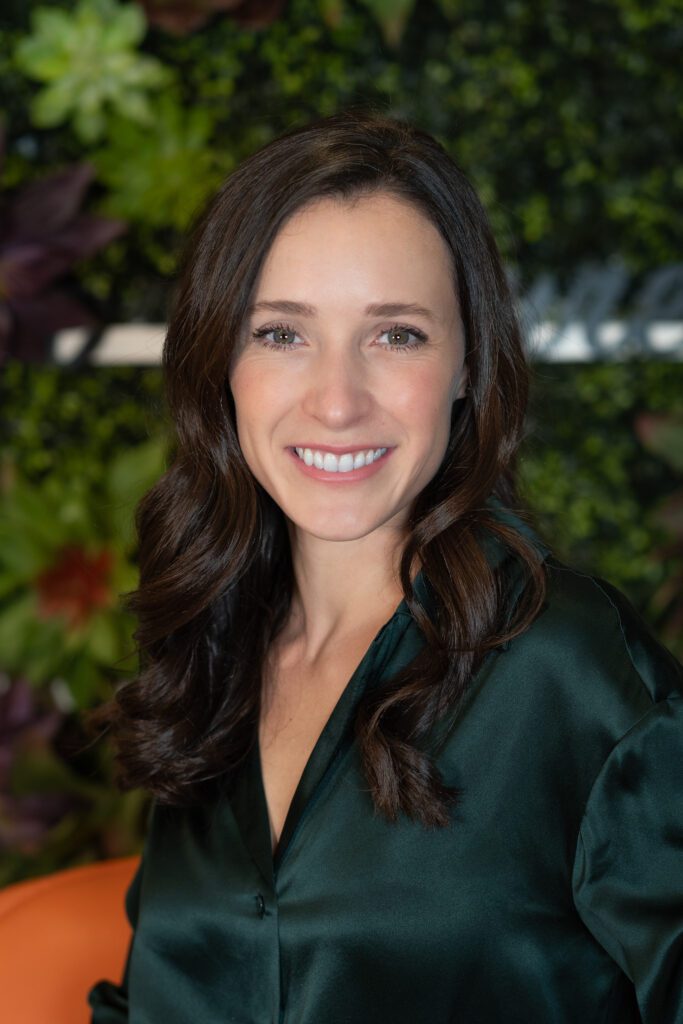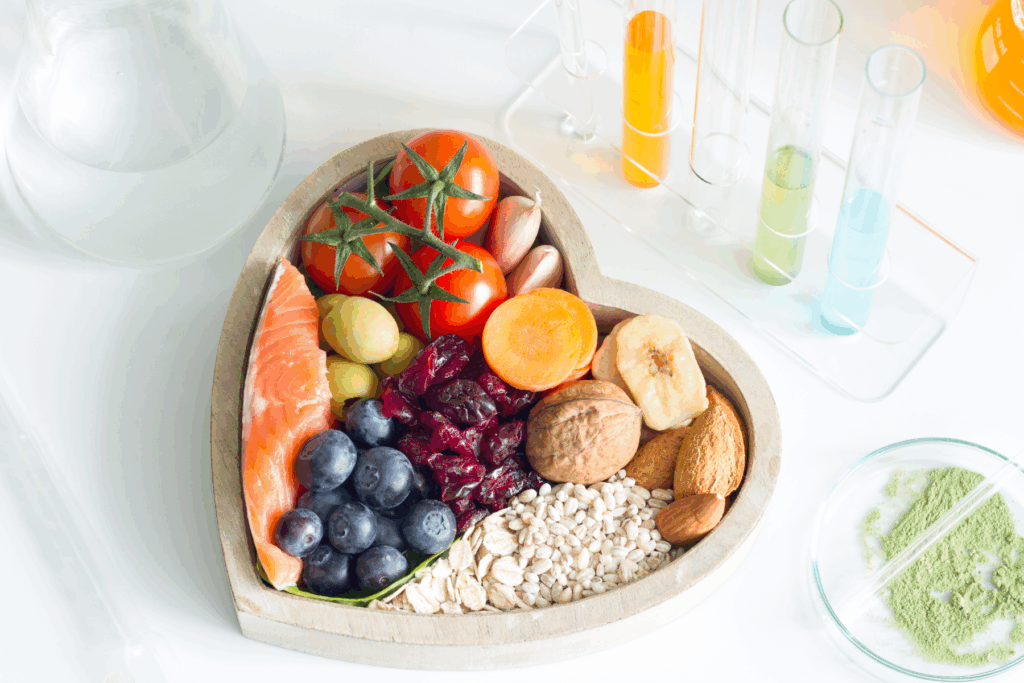In honor of Food Allergy Awareness Week, we’re shedding light on how food allergies uniquely affect women—and what you can do to take control of your health.

Food allergies are on the rise and they affect women in unique ways. From hormonal shifts to life stage transitions, the female body goes through constant change, and those changes can influence how we react to certain foods.
As Viva Eve’s in-house Registered Dietitian, I work closely with women navigating a wide spectrum of nutrition concerns, including the confusing and often frustrating world of food allergies and intolerances.
Many people use “food allergy” and “food intolerance” interchangeably, but they are not the same.
Understanding the Basics: Allergy vs. Intolerance
A food allergy involves an immune system response. Even a small amount of the offending food can trigger symptoms ranging from mild (hives, itching, nasal congestion) to severe (anaphylaxis). In contrast, food intolerance is usually a digestive issue—such as the inability to break down lactose in dairy—causing bloating, gas, or stomach discomfort but not a life-threatening reaction.
Knowing the difference between food allergy and intolerance is key to understanding your body and getting the right support. If you find yourself reacting poorly to a food, don’t just eliminate it from your diet—talk to a healthcare provider about testing or referral to a dietitian.
Why Women Are More Vulnerable
Food allergies don’t affect everyone the same way, and women may experience different symptoms or triggers than men. Hormones play a significant role. Estrogen, for example, can influence immune response, which may help explain why allergic conditions—including food allergies—are more common or more intense in women during certain life stages.
During pregnancy, the immune system shifts to protect the developing fetus, which can sometimes calm allergic reactions—or, in some cases, trigger new ones. Menopause and the drop in estrogen can also affect immune system behavior. These hormonal changes can either worsen or improve food allergies, depending on the individual.
This brings us to another important point: how food allergies change with age. Many women report developing food allergies for the first time in adulthood, sometimes after decades of tolerating certain foods. Adult-onset food allergies are increasingly recognized and can be just as serious as childhood allergies.
When to Seek Help
If you think you might have a food allergy, don’t try to figure it out on your own. Reactions can be unpredictable, and repeated exposure may lead to more severe symptoms over time. Start by keeping a food and symptom journal—tracking what you eat, when symptoms occur, and what they are.
Next, speak to a healthcare provider who can help you determine whether to see an allergist or dietitian. Skin prick testing, blood tests, or elimination diets may be recommended depending on your symptoms and history.
It’s also important to stay aware of your body’s signals during major hormonal events, like pregnancy or menopause, when allergies may manifest or shift in unexpected ways. Working with a healthcare provider during these times ensures you have a personalized plan to manage any changes effectively.
Empowering Yourself Through Awareness
During Food Allergy Awareness Week, we’re reminded that being informed is the first step to being safe. Whether you’re managing an existing allergy or just starting to notice unusual reactions to food, it’s important to take those signs seriously.
Women’s health is complex, and food allergies are just one piece of that puzzle. By recognizing how allergies interact with hormonal health, life stage, and immune function, you can better understand your own body—and make more empowered choices.
If you think you may have a food allergy, don’t wait. Talk to your doctor and schedule a consultation with me to explore next steps. Your health—and your peace of mind—are worth it.



